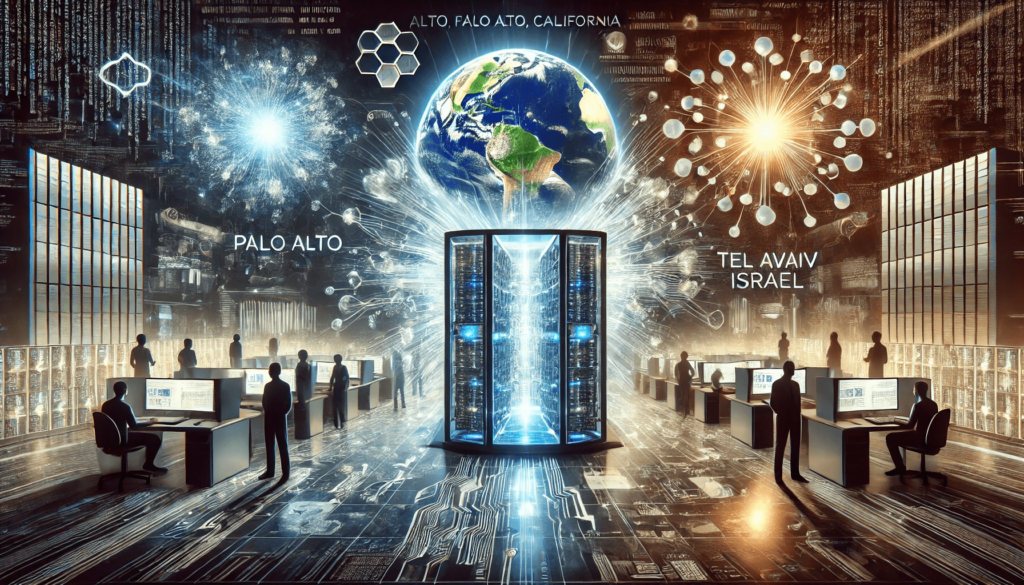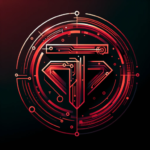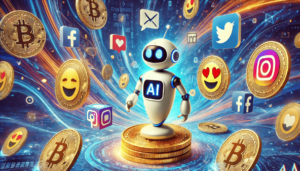The Rise of Safe Superintelligence: A Game-Changer in AI Safety and Development

Safe Superintelligence (SSI) is developing cutting-edge AI systems with a focus on safety and human alignment, backed by $1 billion in funding.
- What is Safe Superintelligence (SSI) and how does it aim to ensure AI safety?
- How is SSI’s approach to AI research different from other companies like OpenAI?
- What are the potential societal and regulatory implications of SSI’s focus on AI safety?
As reported by Reuters, in a groundbreaking move, Ilya Sutskever, a co-founder of OpenAI and one of the most influential figures in artificial intelligence, has launched a new AI startup called Safe Superintelligence (SSI). With $1 billion in funding secured from major venture capital firms, SSI’s mission focuses on a fundamental question: how can we develop artificial intelligence that not only surpasses human intelligence but also remains safe and aligned with humanity’s interests? As concerns over AI safety continue to rise, SSI emerges as a pivotal player in the future of AI development.
The Growing Concerns Over AI Safety
AI safety has become an increasingly hot topic in recent years, with many experts warning of the potential for rogue AI systems to cause harm. The idea of AI turning against humanity is no longer confined to science fiction. As AI models grow more complex and powerful, the need for safeguards becomes critical. The recent formation of SSI indicates that Sutskever and his team see a clear and present danger in the unchecked growth of AI systems. Their goal? To ensure that the AI systems we build are not only intelligent but safe and aligned with human values.
The implications of AI safety are vast. If left unchecked, AI systems could be misused, causing unintended consequences that range from economic disruption to existential risks. We’ve already seen isolated cases where AI-generated content has been used in harmful ways, such as in deepfake technology or misinformation campaigns. Sutskever’s departure from OpenAI and his creation of SSI signal a renewed commitment to making AI safe for everyone.
The Role of SSI in AI Safety
SSI’s approach is novel in several ways. Unlike many AI companies focusing purely on scaling AI models with massive computing power, SSI seeks to diversify its approach to AI research. With Sutskever at the helm, known for his early advocacy of scaling AI models, SSI’s aim is to expand the conversation around AI safety by asking, as Sutskever put it, “What are we scaling?” instead of just following a linear path of adding more power to models without considering their ramifications.
The $1 billion in funding, coming from top investors like Andreessen Horowitz, Sequoia Capital, DST Global, and SV Angel, highlights the confidence in Sutskever’s leadership and vision for a safer AI future. This significant backing suggests that investors recognize the potential dangers AI poses and are willing to make big bets on companies like SSI to mitigate those risks.
With a small and highly trusted team of experts split between Palo Alto and Tel Aviv, SSI is building a culture that prioritizes ethical research and development. Unlike other AI startups that are quickly scaling their teams and operations, SSI is taking a slower, more deliberate approach, carefully vetting new hires to ensure they share the company’s mission and vision. This focus on character and cultural fit over sheer credentials signals SSI’s commitment to long-term, sustainable progress.
A New Approach to AI Research
While many AI companies are racing to scale their technologies and bring products to market, SSI plans to spend several years on research and development before releasing any commercial products. This is a bold move in a tech industry that typically rewards speed and innovation over caution. Yet, it underscores the importance of getting things right when it comes to AI. Daniel Gross, the CEO of SSI, emphasized the need to work with investors who understand the long-term vision and are willing to be patient as the company conducts its foundational research.
The contrast between SSI and companies like OpenAI and Google is striking. While OpenAI and Google have focused on pushing the boundaries of AI capabilities, SSI is more concerned with ensuring that those capabilities don’t outpace our ability to control them. It’s a strategy that could pay off in the long run, especially as governments and regulatory bodies begin to clamp down on AI developments that are seen as too risky.
AI Safety in the Broader Industry
The AI industry is currently divided on how best to approach AI safety. A California bill proposing new regulations for AI development has been met with mixed reactions. OpenAI and Google oppose the bill, arguing that regulation could stifle innovation. On the other hand, companies like Anthropic and Elon Musk’s xAI support the legislation, seeing it as a necessary step in ensuring the safe and responsible development of AI technologies.
This division highlights the challenges that the industry faces as it continues to grow. On the one hand, there’s a push to innovate and scale AI systems quickly. On the other hand, there’s a growing recognition that these systems could pose significant risks if not properly managed. SSI is positioning itself as a leader in the AI safety space, with the goal of bridging the gap between rapid innovation and ethical responsibility.
Potential Implications and Future Scenarios
The launch of SSI has several important implications for the future of AI and society at large:
- Increased Focus on AI Safety: SSI’s formation signals a growing recognition of the need for AI safety measures. As AI systems become more advanced, we may see more startups and established companies alike pivoting towards research that prioritizes safe and aligned AI.
- AI Regulation: The ongoing debate over AI regulation is likely to intensify in the coming years. With companies like OpenAI and Google opposing regulation, and companies like SSI and xAI supporting it, there’s a growing divide in the industry that could lead to significant changes in how AI development is governed.
- Partnerships and Collaboration: As AI startups like SSI focus on safety, we may see new partnerships emerge between these companies and governments or international organizations. These partnerships could help establish global standards for AI safety and ensure that AI development proceeds in a way that benefits everyone.
- Potential Impact on Big Tech: Companies like Google and OpenAI, which are focused on scaling AI rapidly, may face increasing pressure from both the public and regulators to prioritize safety over speed. SSI’s focus on careful, deliberate development could serve as a model for other companies to follow.
The future of AI is bright, but it’s also fraught with challenges. As SSI works to build AI systems that are both powerful and safe, it’s clear that the conversation around AI safety is only just beginning. Sutskever’s departure from OpenAI and his decision to form SSI mark a significant shift in the industry, one that could shape the future of AI development for years to come.




